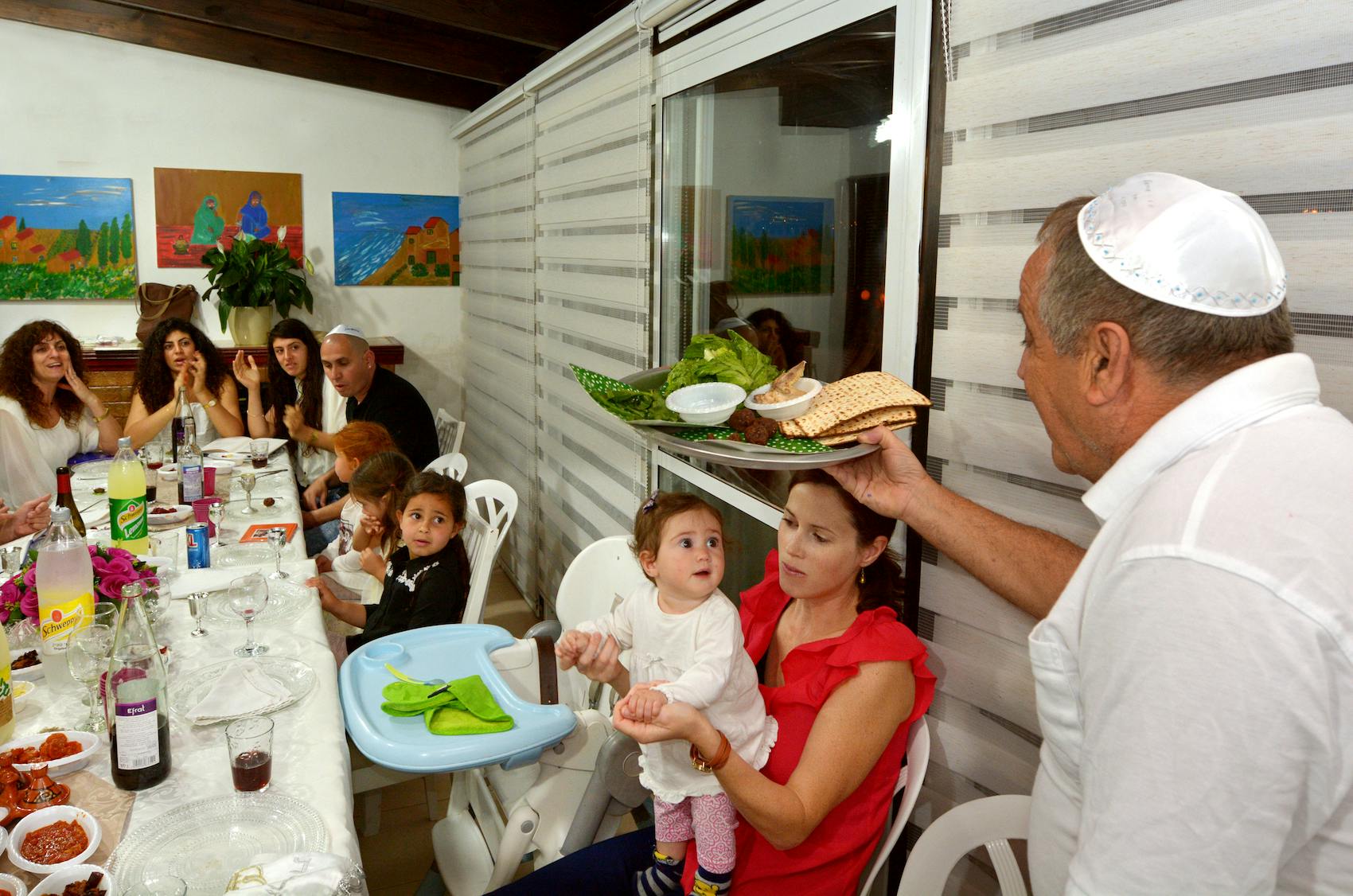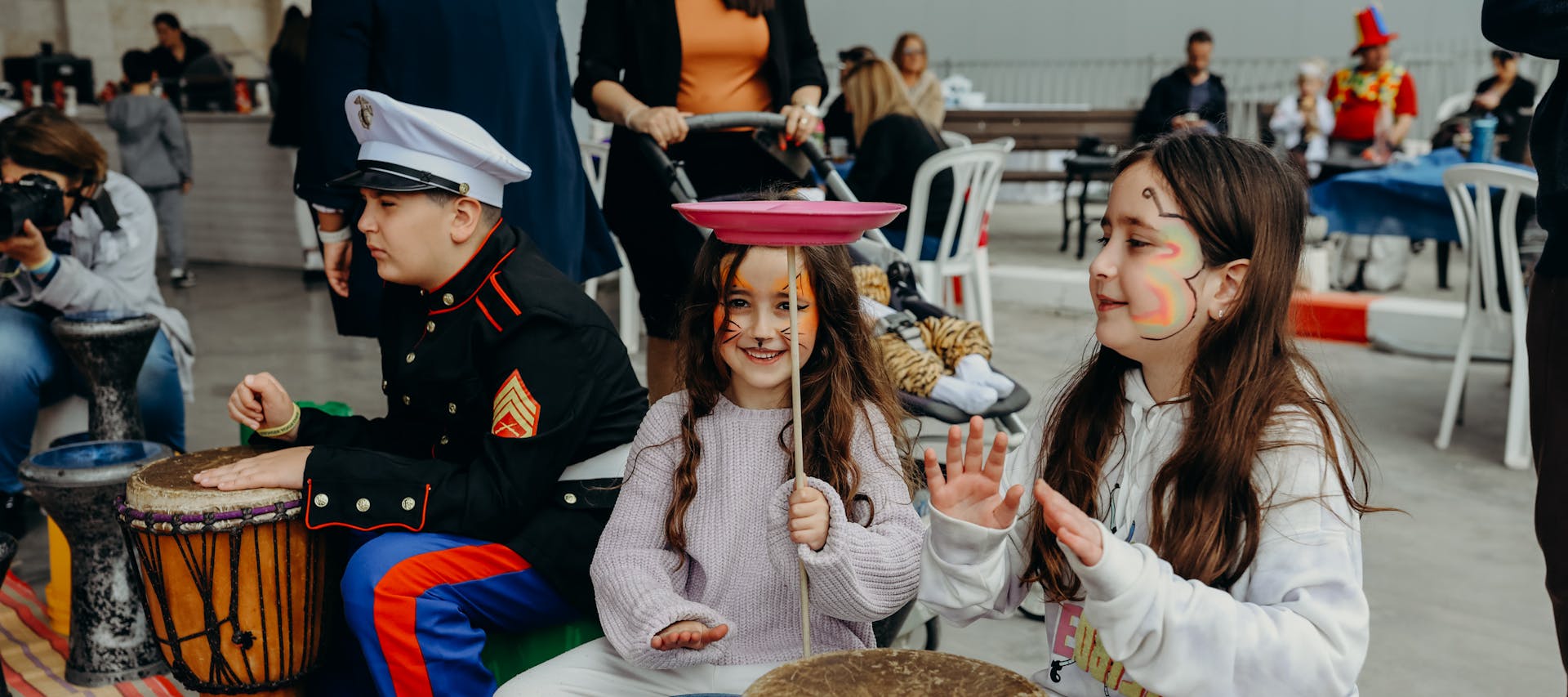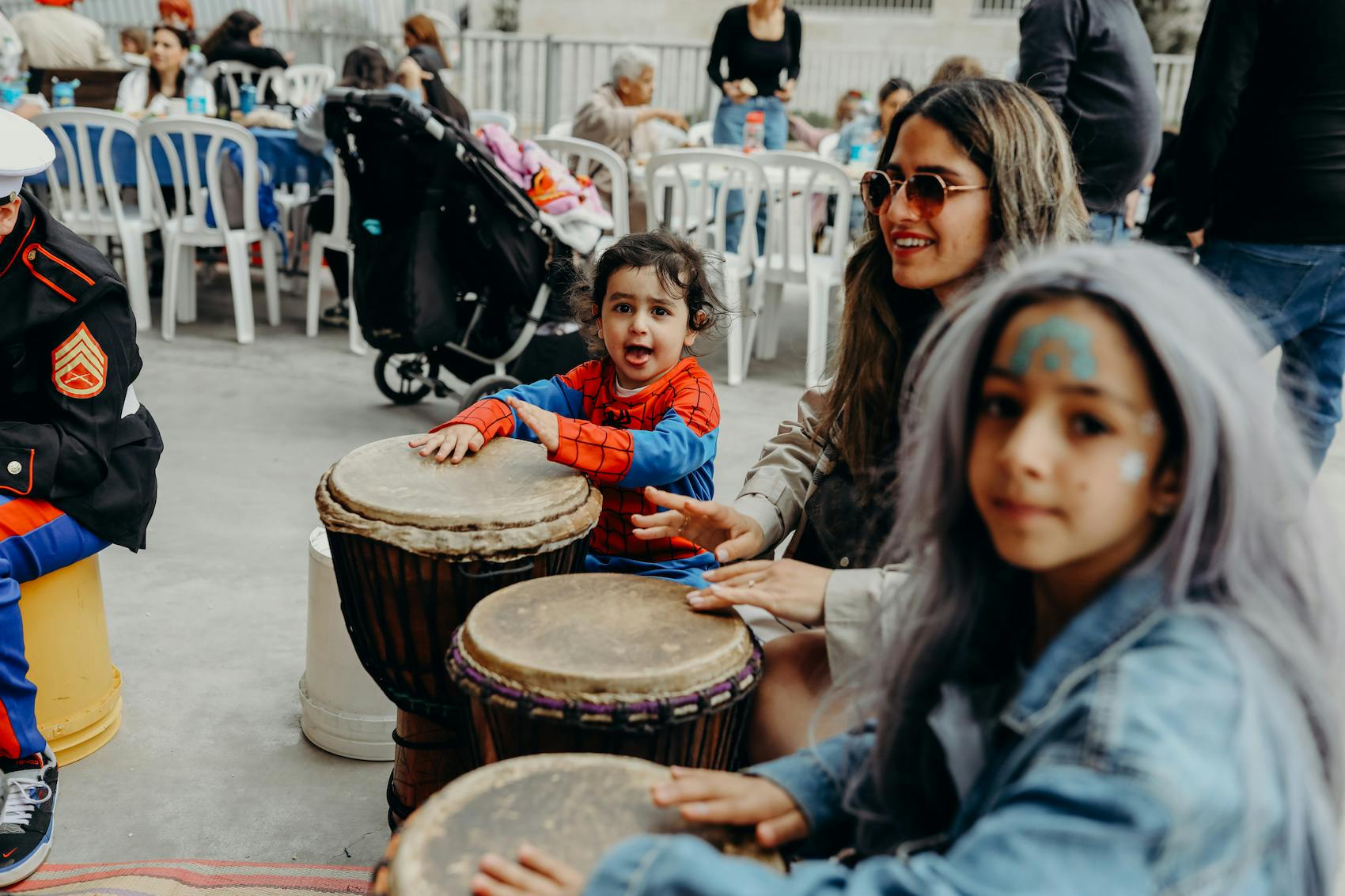“Even to your old age, I am He, and to gray hairs, I will carry you. I have made, and I will bear; I will carry and will save.”
Isaiah 46:4
Dear Friends,
As we approach Tu Bishvat, the new year of the trees, we are reminded of the promise of growth, renewal, and resilience. This holiday celebrates the cycles of life and the beauty of new beginnings. Yet, as we reflect on this season of hope, we must also remember the pain and trauma faced by so many families in Israel following the recent war in Gaza and the hostage crisis.
The recent ceasefire agreement brought about the release of ten hostages, reuniting families after over a year of unbearable separation. Among them was Gadi Moses, who was held captive for 482 days—a harrowing ordeal that finally ended in his long-awaited return. While we thank God for these answered prayers, some hostages remain in Gaza, and their loved ones continue to wait in anguish for their return.
For those who have been freed, the physical and emotional scars are deep. Survivors of captivity face unimaginable trauma, and their families must now navigate the long road of healing together. The need for support—both practical and emotional—has never been greater.
One story is of Sahar Calderon, a 17-year-old girl who spent 54 days in Hamas captivity alongside her younger brother, Erez. Although she is now back home, her father, Ofer, remains a hostage. Sahar describes her ongoing struggle:
"On the outside, I can look radiant and happy. On the inside, I’m broken. Every day when I wake up, I’m back in Gaza. It scares me to go out. I’m afraid of every stranger I see."
Sahar’s words speak not only to her own pain but to the collective trauma of so many families whose lives have been shattered by these events.
The Katz-Nathanson family is one of many still waiting for answers. Doron Katz Asher, a young mother, was kidnapped along with her daughters Raz (4.5) and Aviv (2.5). Her mother, Efrat, and partner, Gadi Moses, were also taken, along with her brother Ravid.
While Gadi Moses has now been released, Doron and her daughters were previously featured in a Hamas propaganda video, and the whereabouts of other family members remain unclear. For their sister Lior, the uncertainty is agonizing:
"Our house in Nir Oz is still standing, but we have no family to return to. A quarter of our community is gone—kidnapped, missing, or dead. We don’t care about the house. We just want our family back."
These stories remind us of the fragility of life and the strength of the human spirit. They also remind us of our shared responsibility to care for those in need.
Tu Bishvat reminds us that after the darkest of winters, life begins to blossom anew. Just as trees take root and bloom, so too can hope grow even in the harshest conditions. But this process requires nurturing. It requires us to plant seeds of healing, restoration, and support.
Vision for Israel is on the front lines, providing assistance to terror survivors, their families, and the broader community. From trauma treatment to financial aid, we are working tirelessly to bring comfort and relief to those most affected by this crisis.
We can do more with your support!
How Can You Help?
- Pray. Pray for the safe return of the hostages still in Gaza. Pray for healing for those who have been released and for comfort for their families.
- Give. Your donation provides therapeutic sessions, financial aid, and essential supplies to those affected by this crisis. Every gift, no matter the size, makes a difference.
Please visit visionforisrael.com/donate to make a contribution today. Together, we can bring hope and healing to families in need.
Let us stand together in this season of Tu Bishvat, planting seeds of hope and renewal for the people of Israel. Your prayers and support are a lifeline for those navigating the long path to healing.
Thank you for your continued generosity and faithfulness. Together, we can bring light to the darkest of times and help these families rebuild their lives.
With blessings and gratitude,
Barry & Batya





